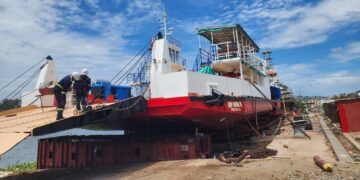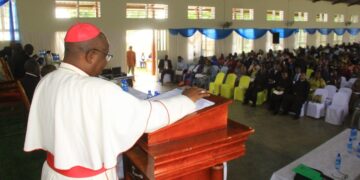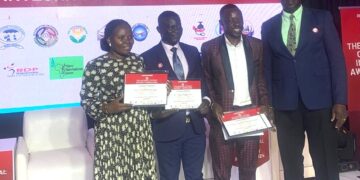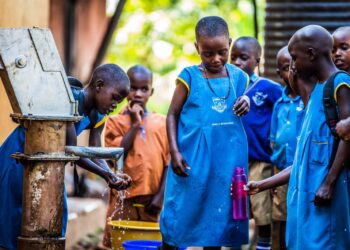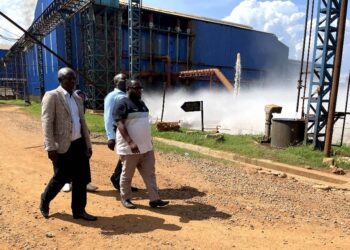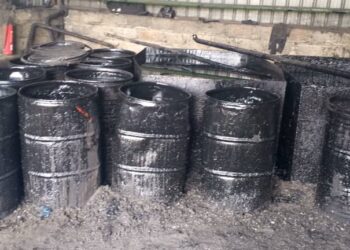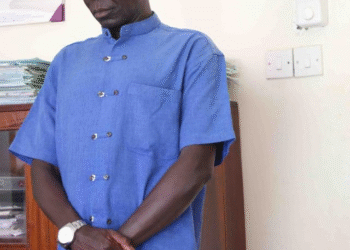A new decentralized wastewater treatment technology from Japan is set to be piloted in Kampala in an effort to curb the growing challenge of poor waste management in high-density developments across the city.
During a half–day workshop held at the National Water and Sewerage Corporation (NWSC) IREC Centre, Makerere University and the Kampala Capital City Authority (KCCA), together with Japanese partners, unveiled plans to introduce the JOCASU wastewater management system—an innovation widely used in Japan for more than 60 years.
Dr. Swaib Semiyaga, a senior lecturer in the Department of Civil and Environmental Engineering at Makerere University, said the workshop aimed at enlightening stakeholders about the current state of wastewater management in Kampala and presenting the Japanese technology as a potential solution.
“Only about 15 percent of Kampala’s population is connected to the sewer network. The remaining 85 percent rely on septic tanks, pit latrines and other basic systems,” Dr. Semiyaga noted. “These options cannot effectively handle wastewater from high-concentration establishments like arcades, churches, mosques, schools, hospitals, markets, and the rapidly increasing apartments.”
He warned that many such establishments discharge large volumes of untreated wastewater into drains and the environment, creating serious health and environmental hazards.
To address this gap, the JOCASU technology—designed for locations without sewer infrastructure but with high wastewater generation—will be introduced in Uganda for the first time.
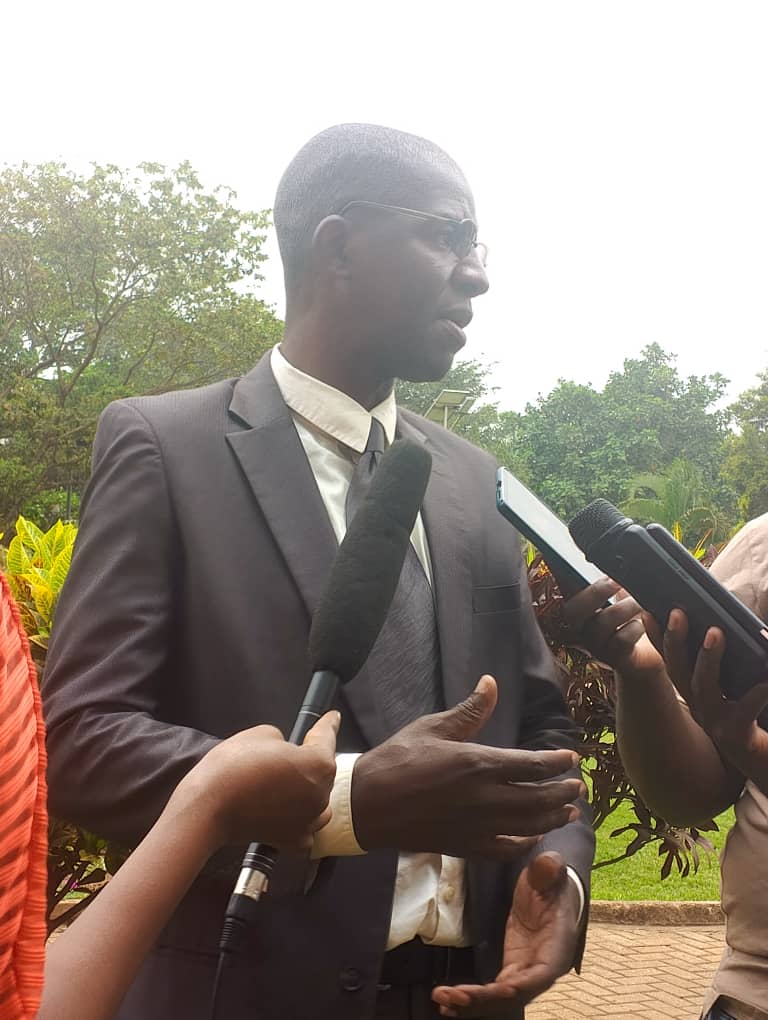
“Uganda will receive three units of this technology from Japan, which will be installed at selected establishments in Kampala,” Dr. Semiyaga explained. Saying they have already identified the sites and tested the wastewater quality.”
Engineers are now designing appropriate treatment systems for each location. The technologies are expected to arrive and be installed by March 2026, after which a monitoring phase will begin.
Eng. Richard Mutabaazi, Environment Officer for Nakawa Division under KCCA’s Directorate of Public Health and Environment, said the JOCASU system will provide a lifeline for developers struggling to manage wastewater responsibly.
“Many developers in Kampala fail to treat wastewater from toilets and bathrooms, and this results in illegal discharge into the environment, creating health risks,” Mutabaazi said. “This technology offers practical, decentralized treatment.”
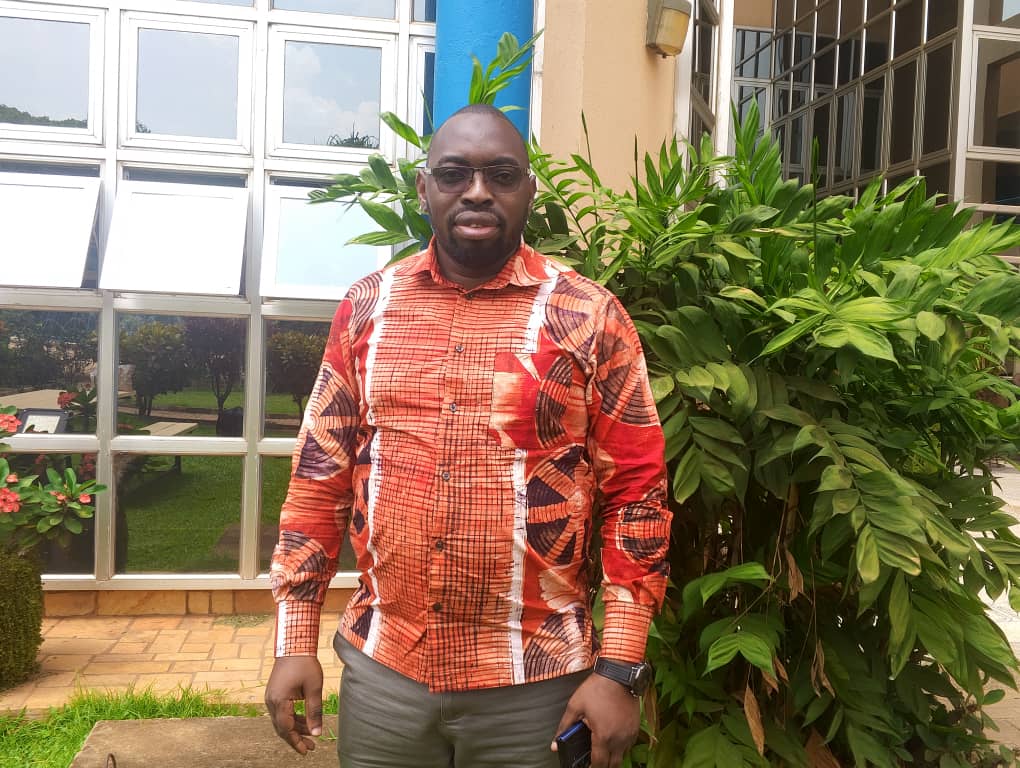
He confirmed surveys have already been conducted to assess discharge levels and wastewater quality at the sites.
“The system treats wastewater to meet the NEMA 2020 effluent discharge standards, making it safe for release into the environment,” Mutabaazi said Japan has used this technology for decades to tackle similar challenges in areas far from sewer systems.
He added that the trial phase will test whether the technology performs effectively under local conditions before wider adoption.



